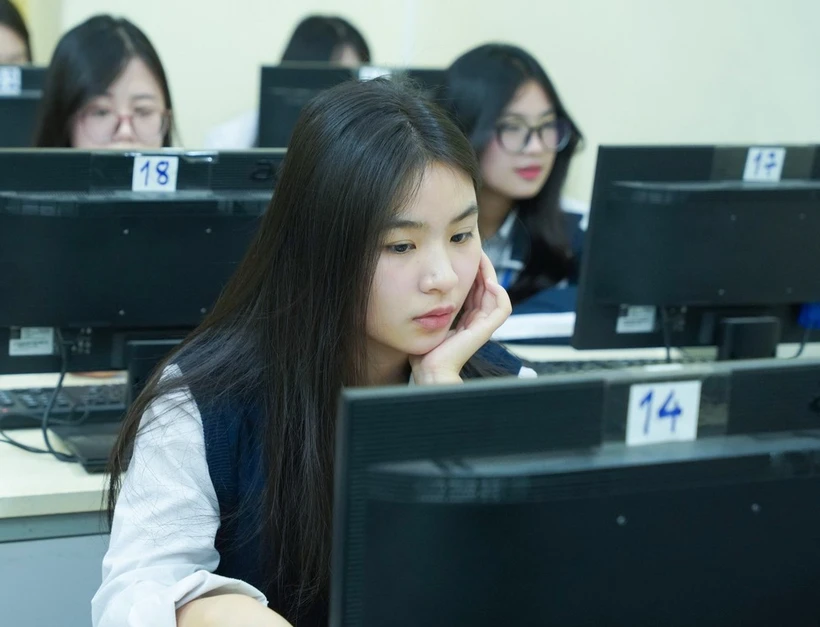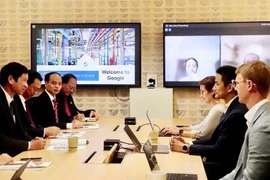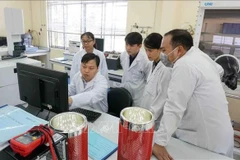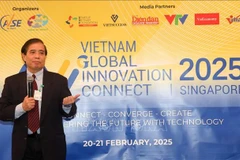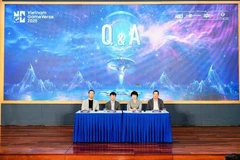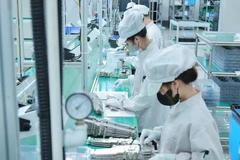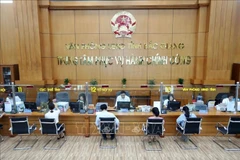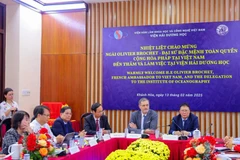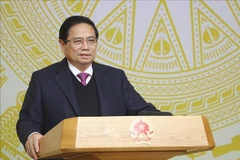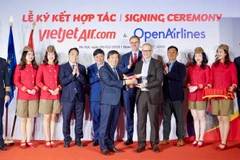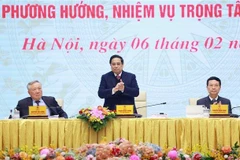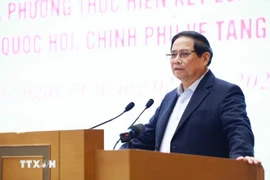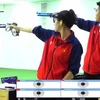Hanoi (VNA) – Deputy Minister of Education and Training Hoang Minh Son on February 21 held an online meeting with Marc Woo, managing director of Google Vietnam, to discuss the implementation of AI-supported learning and teaching tools in the country’s education system.
Woo highlighted Google’s recent initiatives in enhancing Vietnamese language capabilities for AI, as well as piloting AI applications in both general and higher education.
Google is willing to provide free access to Google Workspace, Google Space, and Google Classroom for all students and teachers in Vietnam, he said. These AI-powered tools aim to introduce young learners to the field at an early stage.
Woo said that Vietnam, with its large student population, aligns with other countries where Google has successfully implemented similar initiatives. To ensure effective bilateral collaboration, Google proposed that the ministry support the work coming after the implementation of pilot models and solutions, ultimately turning them into systems and replicating them nationwide.
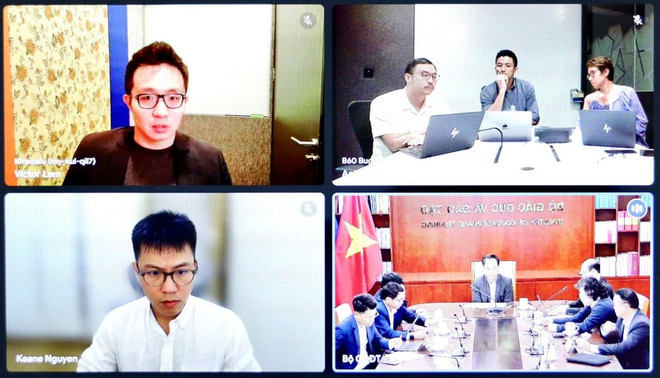
Deputy Minister Son affirmed Vietnam’s strong commitment to IT development and application, particularly in education.
He suggested Google build a unified, top-down system where the ministry would participate as a coordinator, monitor, and assess the implementation. This system will integrate various tools and be closely linked to Vietnamese-language materials, curricula, textbooks, and different data platforms to enhance the language’s development in AI, providing better support for local students and teachers.
The official also encouraged the development of online communities within these platforms to facilitate knowledge and experience sharing between educators and students. Therefore, the system would continuously collect user feedback for ongoing improvements and innovation.
During the meeting, representatives from both sides discussed AI-driven education platform development, system implementation, as well as related roles and responsibilities, and best practices from other countries./.
